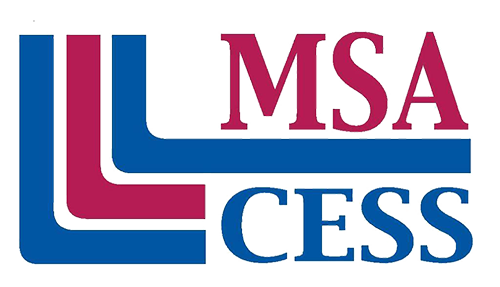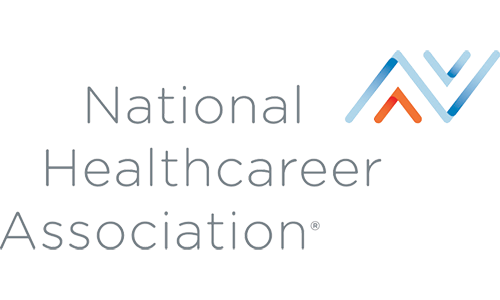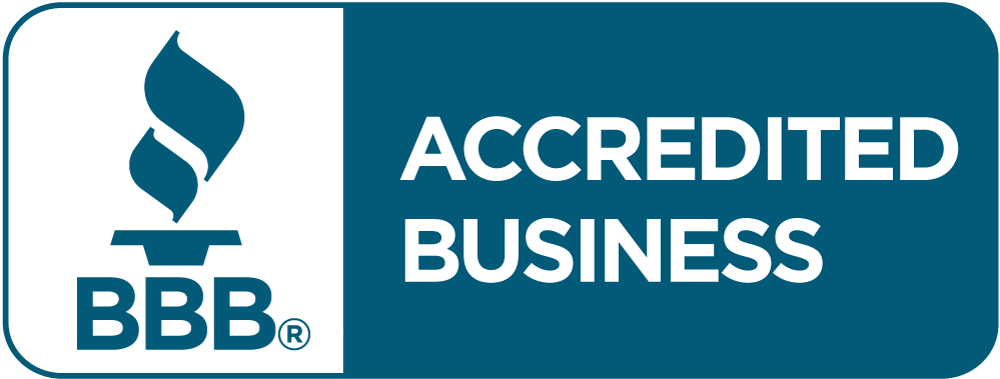Our In Demand Career Spotlight Series focuses on careers in the medical and dental industries where demand for skilled workers outpaces supply. At ACI Medical & Dental School, you can be certified for these in-demand careers in just four months with the hands-on training, skills, and credentials you’ll need for your new job. In this blog post, we will be discussing the Pediatric Medical Assistant position.
What Is The Role Of A Medical Assistant In Pediatrics?
A Pediatric Medical Assistant plays a crucial role in supporting both pediatricians and patients in a clinical setting. They provide essential support in patient education, preparing young patients and their parents for examinations and treatments, and ensuring a comforting environment. Their role is vital for efficient clinic operations and enhancing patient care in pediatric healthcare.
What Does A Pediatric Medical Assistant Do?
The day-to-day responsibilities of a Pediatric Medical Assistant can vary depending on the specific medical office or clinic, but typically include:
- Clinical Tasks: These involve taking vital signs, administering medications and vaccines, assisting with medical examinations, and performing simple laboratory tests.
- Patient Preparation: Preparing patients for exams or treatments and explaining procedures to patients and their parents or guardians.
- Phlebotomy & EKG: Performing phlebotomy procedures and administering electrocardiograms (EKGs), which can be challenging for younger patients.
- Medical Records Management: Updating and maintaining accurate patient records, including documenting symptoms, medical histories, and treatment procedures.
- Appointment Management: Scheduling appointments, managing follow-up visits, and sometimes handling billing and insurance paperwork.
- Office Duties: Answering phones, managing correspondence, and ensuring that the healthcare environment is clean and well-organized.
Skills required by employers for a Pediatric Medical Assistant include:
- Medical Skills: Knowledge of basic pediatric medical procedures, patient care, and hygiene.
- Communication Skills: Ability to communicate effectively with both children and adults. Being able to explain medical terms and procedures in a simple, clear manner is crucial.
- Empathy and Patience: Working with children requires a high level of compassion and patience, especially when dealing with anxious or non-cooperative young patients.
- Organizational Skills: Efficient in managing multiple tasks, such as scheduling appointments and maintaining records.
- Technical Skills: Proficiency in medical software used for scheduling and records management.
Certifications, such as a Certified Clinical Medical Assistant (CCMA) from the NHA, are often preferred or required by employers, enhancing a candidate’s job prospects in pediatrics.
Where Do They Work?
Pediatric Medical Assistants typically work in settings that focus on the health care of children. Common workplaces include:
- Pediatrician’s Offices: They are most commonly employed in pediatrician offices where they assist with daily clinical and administrative tasks.
- Hospitals: Within hospital pediatric departments, they support the medical staff in treating young patients.
- Clinics: Including family health clinics that serve patients of all ages, including children.
- Specialty Clinics: Such as pediatric orthopedics, pediatric gastroenterology, or pediatric neurology clinics, where they assist specialists in the treatment of specific conditions affecting children.
- Community Health Centers: Providing care in underserved areas, often focusing on basic pediatric care and preventive health services.
In these environments, Pediatric Medical Assistants help ensure that children receive the medical attention they need, while supporting doctors and nurses by handling a variety of clinical and administrative tasks.
Pediatric Medical Assistant Job Outlook
Like many careers in the healthcare field, the demand for Medical Assistants is outpacing qualified candidates and there are more jobs than employers can fill! The Bureau of Labor Statistics has stated that by 2032 there is an expected 14% increase in job growth for Medical Assistants, which is much higher than the average across all occupations.
What Is The Average Pediatric Medical Assistant Salary In NJ?
According to ZipRecruiter, The average annual salary for Pediatric Medical Assistants in New Jersey is approximately $38,961, with a range of up to $49,238. However, this salary can fluctuate based on various factors. Experience plays a crucial role, with seasoned Medical Assistants often earning more than their entry-level counterparts. Additionally, specific certifications relevant to pediatric care can enhance earning potential. Geographic location within New Jersey also affects wages, as areas with higher living costs or greater demand for medical services might offer higher salaries. Skills such as proficiency in medical software, bilingual communication, and specialized pediatric care techniques can further influence earnings, making candidates more valuable to employers.
How To Become A Pediatric Medical Assistant
The first step to becoming a Pediatric Medical Assistant is to enroll at ACI Medical & Dental School. In our program, you’ll gain the skills needed to get certified through the NHA as a Medical Assistant with Phlebotomy, EKG, and Patient Care Technician Certification. With our excellent graduation and employment rates, there has never been a better time to pursue this growing career! Contact us today and learn how you can take the first step toward an exciting new career in under four months.







